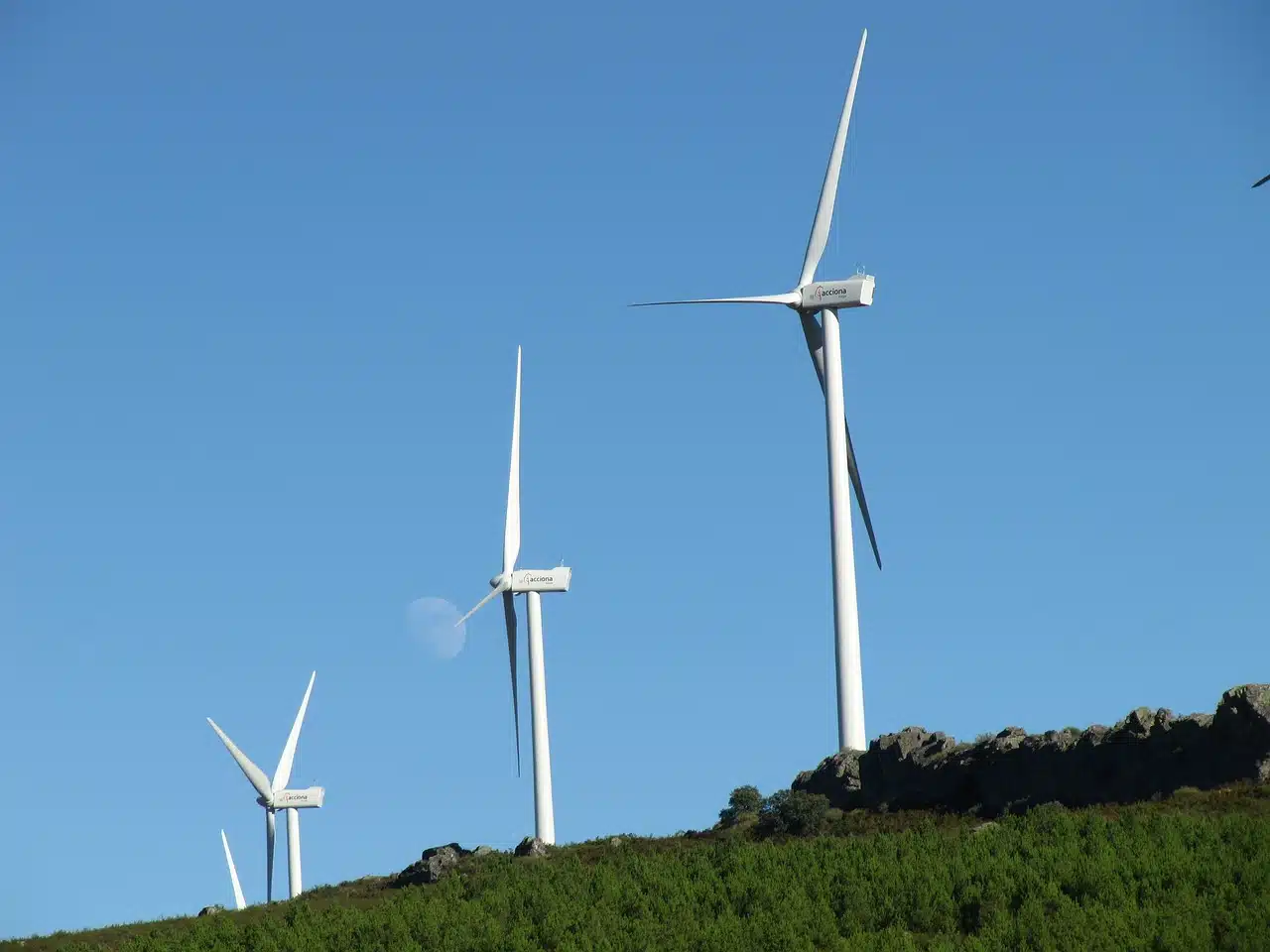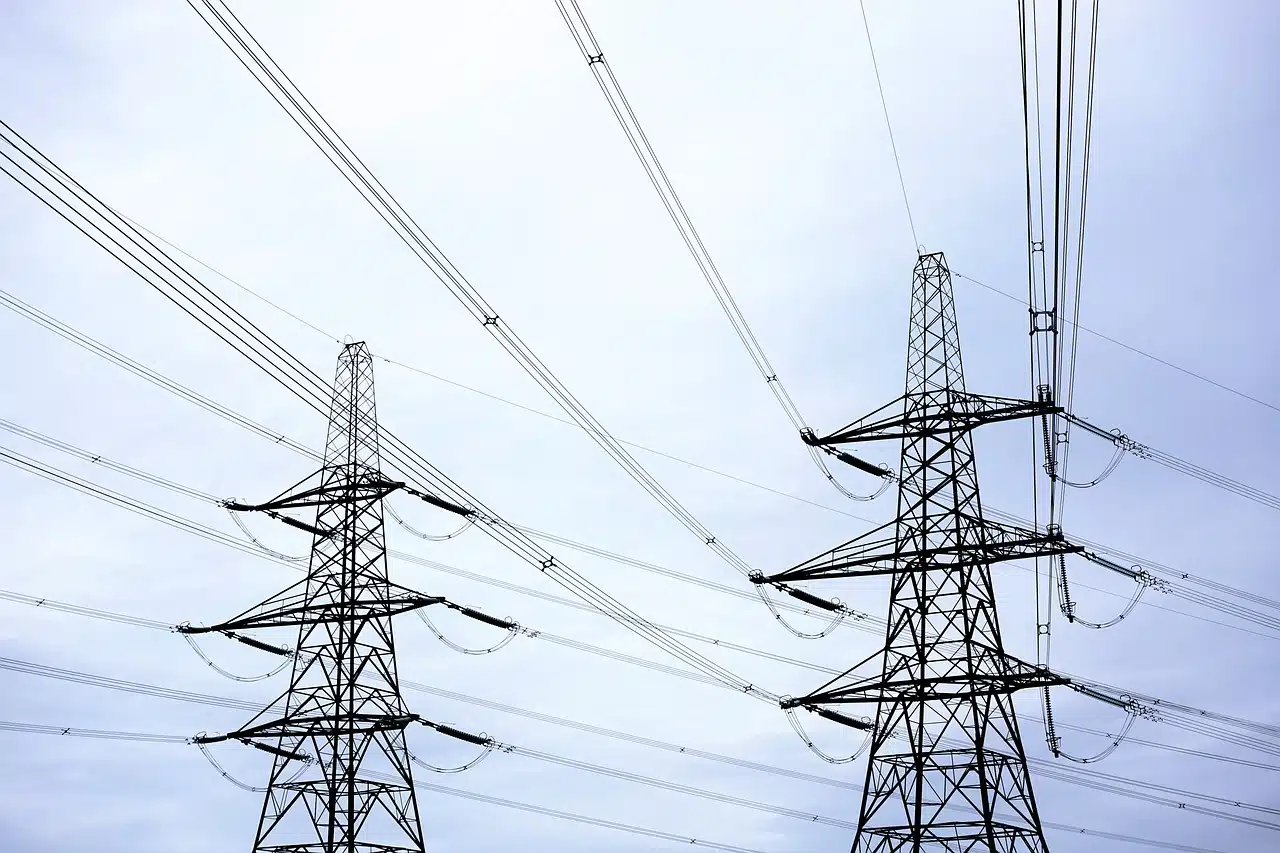
Wind turbines manage to produce electrical energy from the kinetic energy of the wind.
Energy is the ability to generate movement or achieve the transformation of something. In the economic and technological field, the term refers to a natural resource and the associated elements that allow industrial use of it.
For example: "The country has serious energy problems due to lack of investments" , "Gómez is a player with a lot of energy, capable of changing the appearance of the team" , "In the last week, the power has already been cut off three times." » .
It should be noted that Latin is where we find the etymological origin of the word energy . More precisely, we find it in the term energy , which in turn, as has been determined, comes from the Greek word ένέρϒεια.
Energy according to physics
For physics , energy is an abstract quantity that is linked to the dynamic state of a closed system and that remains invariant over time. It is an abstraction that is assigned to the state of a physical system. Due to various properties (chemical composition, mass, temperature, etc.), all bodies possess energy.
Various types of energy can be detailed depending on the field of study. Mechanical energy , for example, is the combination of kinetic energy (generated from movement) and potential energy (linked to the position of a body within a field of forces). Thermal energy , chemical energy , nuclear energy , and radiant energy are other kinds of energy.
a natural resource
Understood as a natural resource , energy is not a good in itself, but rather a good classified as intermediate , since it makes it possible to satisfy certain needs when a good is produced or a service is offered.
Energy can also be classified according to source. Non-renewable energy is energy that comes from exhaustible sources, such as oil , coal or natural gas . On the other hand, renewable energy is virtually infinite, such as wind energy (generated by the action of the wind) and solar energy (linked to the sun's radiation).

Energy subsidies allow electricity rates to be more accessible, making it possible for all social sectors to use energy.
Energy and pollution
Nowadays, given the awareness that society is gradually becoming aware of how essential it is that we undertake the protection of the environment, there is a great boom in the aforementioned renewable energies . And the use of them helps us stop exploiting other sources that pollute, which greatly harm the natural environment and, as a consequence, also us and our own well-being.
The basis of the use of these renewable energies is that inexhaustible natural sources are used, such as sunlight. In the same way, it is also committed to an energy that is capable of regenerating naturally and, therefore, does not causes no harm to the ecology.
Thus, for example, in more and more homes the installation of solar panels is being carried out with which the light given off by the star is collected and used to illuminate any room in the home, thereby significantly reducing considerable use of electrical energy .
Caring for the planet
Caring for the planet is favored when clean energy or green energy is used. This is how those that do not generate pollution in their production process nor leave waste are classified. It is important to keep in mind that clean energy is not necessarily renewable, while renewable energy can be polluting.
Geothermal energy , biomass energy , and ocean energy are clean energies. At this point, the concept of sustainable energy must be introduced to continue the analysis.
It is said that energy is sustainable when it is renewable and its production, in addition to being clean, does not require actions that affect the environment or threaten the prospects of future generations. If we think about hydroelectric energy , it can be mentioned as clean energy because it does not involve the generation of greenhouse gases; However, the construction of a dam causes major environmental changes, so this energy may not be sustainable.

The electrical grid makes it possible to distribute energy from the generating plant to the end users.
The industrial exploitation of energy
The industrial exploitation of energy includes various processes, which vary according to the source used. Mention may be made, for example, of the extraction of raw material (such as oil obtained from wells), its processing (in the case of oil, its refining) and its transformation into energy (by combustion, etc.).
Large-scale power generation aims to meet people's demand. In any case, it seeks to promote energy savings and energy efficiency to avoid the collapse of the system and to minimize the ecological impact.
It cannot be omitted to mention that energy production, when fossil fuels are exploited, generates CO2 emissions and affects climate change since it encourages global warming . Citizens, therefore, must be conscious about energy consumption.
International agreements
There are various international agreements that aim to combat global warming and that, within this framework, contemplate the implementation of various energy policies. The Kyoto Protocol , for example, entered into force in 2005 and its first commitment period expired at the end of 2012. Since 2016, meanwhile, the Paris Agreement has been in force.
This class of instruments aims to minimize the carbon footprint , an indicator that reflects greenhouse gas emissions.
